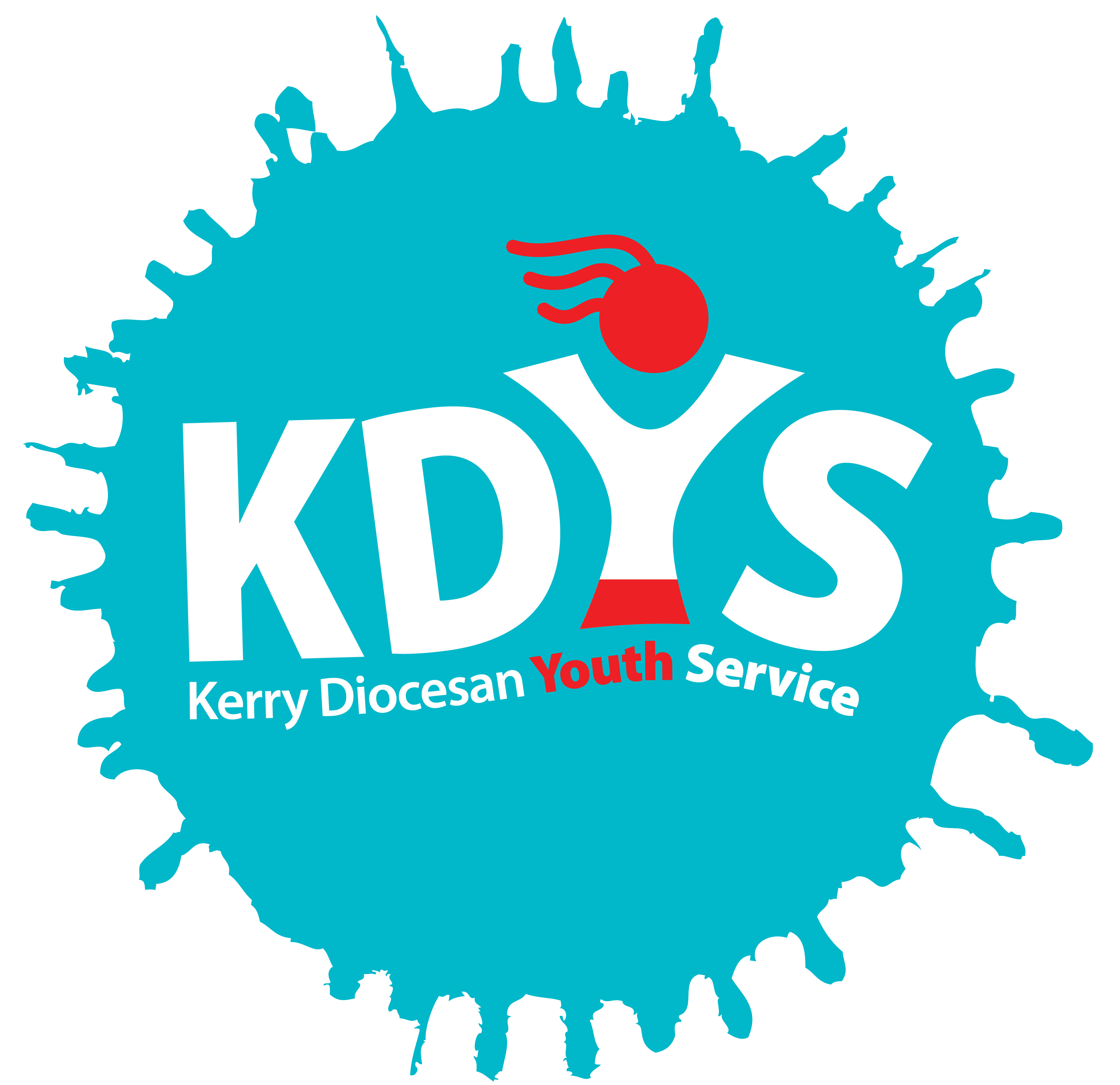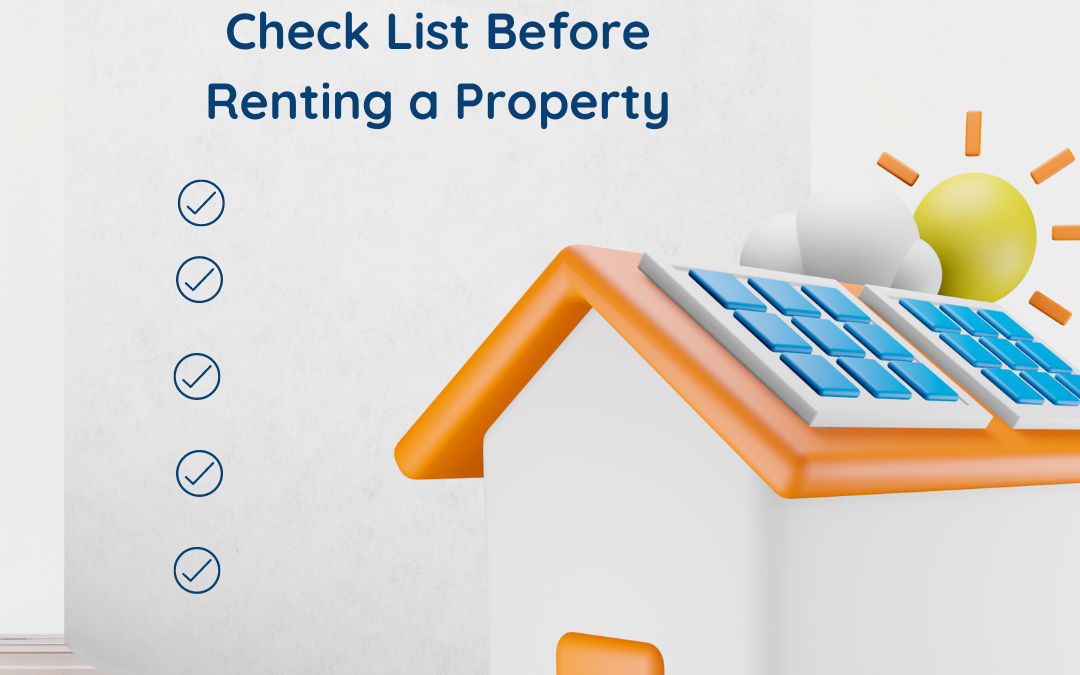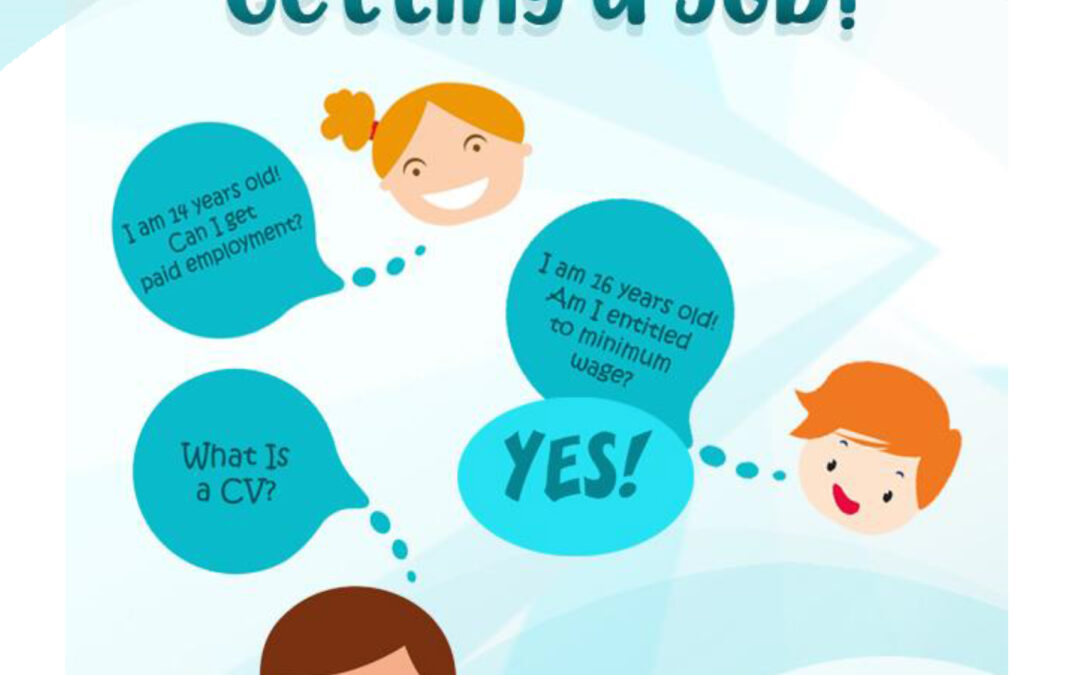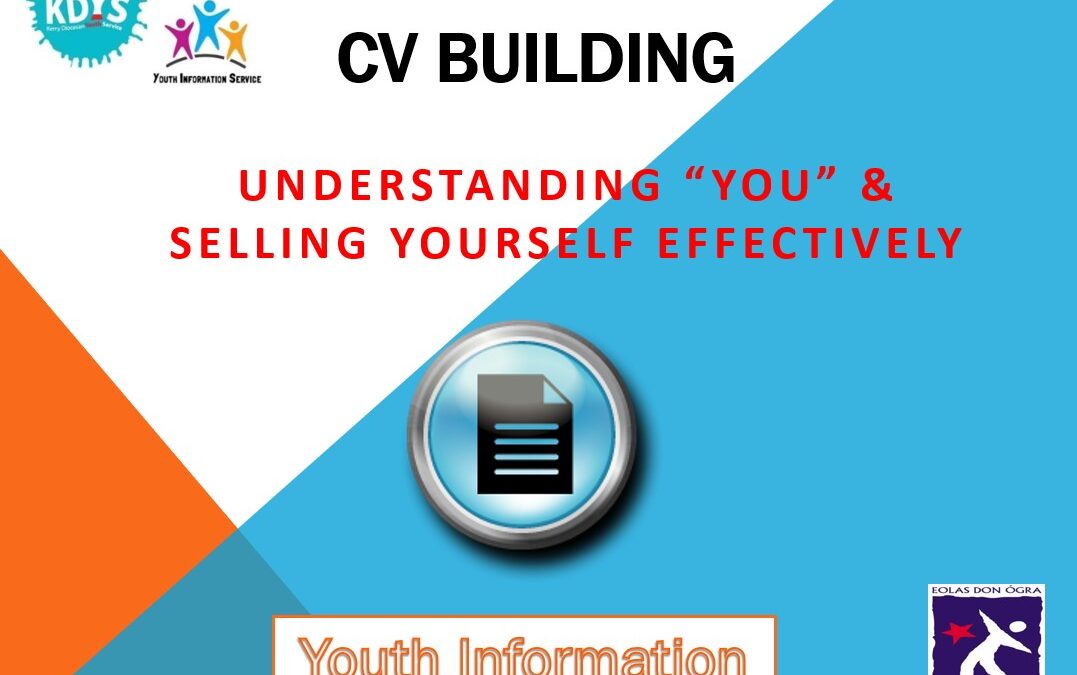
Money & Time Management
Money Management Skills
Being a student is supposed to be like a full-time job but without the benefits of a pay packet. Students’ financial situations vary so here are some simple methods to help budget for all financial circumstances.
Budgeting is a life skill to develop for all adults.
- Making a list of all incoming and outgoing expenditure is an excellent place to start.
- Break down your payments monthly if for example you get a SUSI loan and get it on a certain date every month then plan your finances around that date.
- Always spend the money on your ‘musts’ rent, bills, food and loan repayments, before your ‘wants’.
- If you are struggling to repay debts call MABS on 0761 07 2000
Check out our student financial supports HERE.
Money Management Skills
- Create a shopping list- Planning your meals ahead of time so you can budget exactly what is needed. Having a shopping list is an excellent idea because you are less likely to deviate and spend excessively. While items like milk, bread, fruit, and vegetables go off quickly, student staples like pasta, rice, tea, and canned goods have longer expiry dates (and can be bought in bulk, if there is a deal going).
- Don’t delay paying bills- if your Wi-Fi and electric are to be paid monthly. Have that money put aside so you don’t spend it unknowingly.
- Move money to a sperate. less accessible account, to avoid unnecessary spending.
- Always have a buffer- don’t budget to the very last cent. Have excess money in case something pops up, for example a trip home or new college supplies.
- Check to see where you can get student discounts and utilise that service.
Visit citizens information to learn more.
Time Management Skills
Procrastination is our way of coping with negative emotions associated with certain tasks, think boredom, anxiety, insecurity, frustration, self-doubt, etc. Everyone battles with this at some stage or another. Next time it creeps in try these tips:
- Practice self-compassion and allow yourself a few minutes to procrastinate.
- Motivation- follows actions, so thinking about the next action opens up the possibility of tackling your task in the present. For example, if you were to start on your paper, maybe the next action would be opening Word/PowerPoint/Excel.
- Make your temptations more inconvenient- If you are tempted to take a nap, work at a table somewhere far away from your dorm. If you are tempted to check social media, put your phone in a different room.
Other tips include:
- Maintain and develop a list of specific things to be done each day. Prioritise that list and complete the most urgent tasks at the start of day.
- Set incremental deadlines for longer-term projects.
- Work in 45 minutes to 1.5-hour chunks then take a break to avoid the exhaustion that comes from overexertion.
- Concentrate on one task at a time. (Lakein.A, How to Get Control of Your Time and Your Life)






